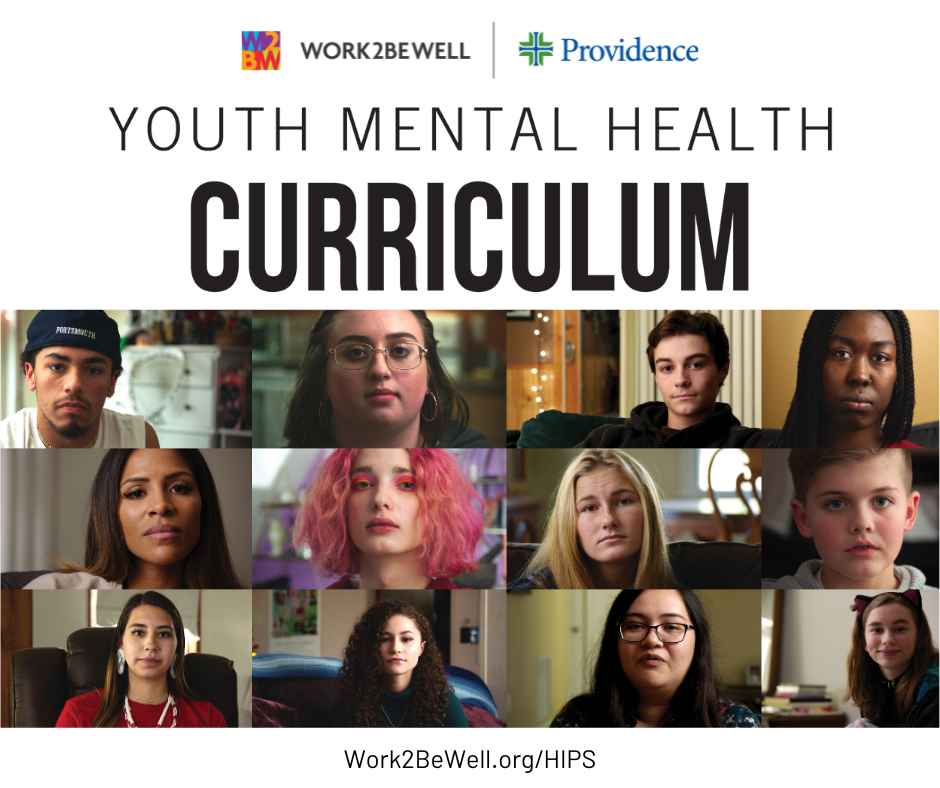Collaborators: Dr. Robin Henderson and Majalise
Definition of Stress: Stress is a feeling of emotional or physical tension. It can come from any event or thought that makes you feel frustrated, angry, or nervous.
Stress is your body’s reaction to a challenge or demand. In short bursts, stress can be positive, such as when it helps you avoid danger or meet a deadline. But when stress lasts for a long time, it may harm your health.
Stress is a normal feeling. There are two main types of stress:
Acute stress occurs when someone has a particularly strong reaction to a stressing event such as a real or threatened death, serious injury, sexual violation or a natural disaster. This reaction, which happens from three days to a month after the event, goes beyond the normal upset you’d expect. It may result not only in difficulties coping with the event, but in impaired ability to function at home, at school and in social settings. It’s a less severe and long-lasting condition than the better-known post-traumatic stress disorder (PTSD).
Symptoms of acute stress disorder:
- Recurring, intrusive memories or nightmares of the event
- Dissociative states in which they feel the event is recurring
- Stress triggered by things that remind them of the event
- Efforts to avoid stressing memories, thoughts or feelings, and situations that remind them of the event
- Irritability
- Difficulty sleeping
- Hypervigilance
- Problems concentrating
- Negative mood
- Foggy, dazed, detached demeanor
What do you do if you suspect someone has stress?
- Talk to them about what you are noticing
- Give them resources
- YouthLine
- Encourage them to go to their family healthcare provider
- School based health center
- School Counselor/School RN
- Encourage them to tell a trusted adult
- Online Resources: Apps like Headspace, Happify, TalkLife and Calm
How do you support someone experiencing stress?
- Talk to them openly and ask how they are doing—and listen!
- Reach out and engage them in activities
- If they don’t want to go somewhere, go to them and just hang out
- Send messages of encouragement
- Ask them what they would like you to do to support them—then do that!
How do you take care of yourself while experience stress or supporting someone experiencing stress?
- Remember it’s not about you—you aren’t responsible for someone else’s distress
- Spend time with other friends too
- Talk to a trusted adult — who could that be
- Engage in self-care activities you enjoy (walks, sports, mani/pedi, etc.)
- Download Apps: Headspace or Calm
How do you find support if you are dealing with stress?
- Self-Care kit
- Identify three people you can talk to
- Identify three things you can do to destress
- Watch a favorite show
- Play games
- Walk the dog (or walk someone else’s dog!)
- Take a hike
- Put the Youthline number in your phone—and you’ll always be able to talk to someone!
- Watch cat videos!!



